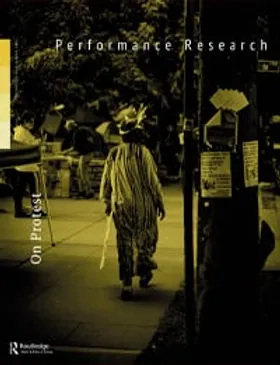Zero Dark Thirty
 |
| "Sorry we killed your parents; here's a glowing stick you can play with." |
Here's a link to Michael Moore's contrarian defence of Zero Dark Thirty, but two can play at that game. So here is my contrarian critique of Moore's contrarianism.
After seeing the film, I'm less inclined to call Kathryn Bigelow the contemporary Leni Riefenstahl, as Naomi Wolf did recently, but Moore's unexpected defence of the film is far too generous. The film may have a more ambiguous position on torture than some critics were willing to grant it but it certainly offers an unequivocal defence of the targeted assassinations and extrajudicial justice promoted by the Obama administration. This is what Moore, who has been a reluctant Democrat since 2004, ignores when he claims that thanks to Obama torture is over and the CIA has turned from playing at being schoolboy sadists into proper detectives.
The characters in the film who commit acts of torture are sympathetic people who respond to the slight revulsion they feel for what they've done by trying to get themselves promoted to better jobs. It's hardly penance and they continue to pine for the days when evidence attained from their reluctant use of torture could be used. While the torture scenes are portrayed in such graphic detail that, as Moore points out, makes it difficult to view them as anything but reprehensible, the discomfort it elicits in the protagonists becomes an obstacle that they need to overcome in order to accomplish their goal. In this, torture is set up as the alternative to which targeted assassination is legitimized.
Moore's second argument is that the detective strategy works, whereas the torture strategy leads to false declarations and dubious intelligence. Here Moore falls prey to the film's unquestioning support for triumphant American imperialism under liberal leadership.
The scene of the final CIA meeting to decide whether to attack the compound that may or may not be housing bin Laden is particularly revealing. The evidence they are given is based on some shrewd detective work but rests largely on a hunch. The Head of the CIA conducts a straw poll, to which his advisers respond equivocally, then he shrugs and authorizes the attack. The cavalier racism and contempt for Pakistan's national sovereignty that underlies such a decision is then buried by historical hindsight.
Bin Laden's eventual execution happens quickly, just out of the frame. "Do you realize what you've done?" asks his stone-faced comrade. They drink in the gravity of the moment for a second before getting back to securing the command. This is a deeply ideological scene, which reminds me of Slavoj Žižek's description of ideology not as the false consciousness of "they know not what they do" but as the conscious cynicism of "they know what they do but they do it anyway."
On the one hand, it does describe false consciousness: whatever it is that the soldier thinks he has done it is not to have committed an illegal act of murder outside the legitimate field of war. While the film wants us to think long and hard about the legitimacy of torture as a tactic, the ethics of extrajudicial execution are never put into question. On the contrary, the execution is what may redeem torture in the first place.
The film's position on torture, on the other hand, is an example of knowing what is wrong yet they participate in. As Žižek points out about Full Metal Jacket, the character known as Private Joker, who has written "Born to Kill" and drawn a peace symbol on his helmet, is the soldier most subjected to military ideology precisely because he is the only one who imagines himself to be outside this ideology even as he participates in it as a soldier. Likewise in this film, the characters who experience moral awakening after torturing suspects continue to participate in the operation. Ideology, as Althusser pointed out, is an act and the soldier's realization does not ultimately stop him from completing the act. Moreover, his moral dilemma is necessary to justify the mission as a difficult resolution to the complex human problem of the ethical execution. These scenes of excess allow Bigelow to build enough moral ambiguity to make the film complex but we should be sceptical of the way such dilemmas are framed in a way that inevitably legitimizes the acts Bigelow wants us to look at and ignores the larger context of more than a decade of war, occupation and violence conducted by American forces on the people's of Iraq and Afghanistan.


Comments
Post a Comment